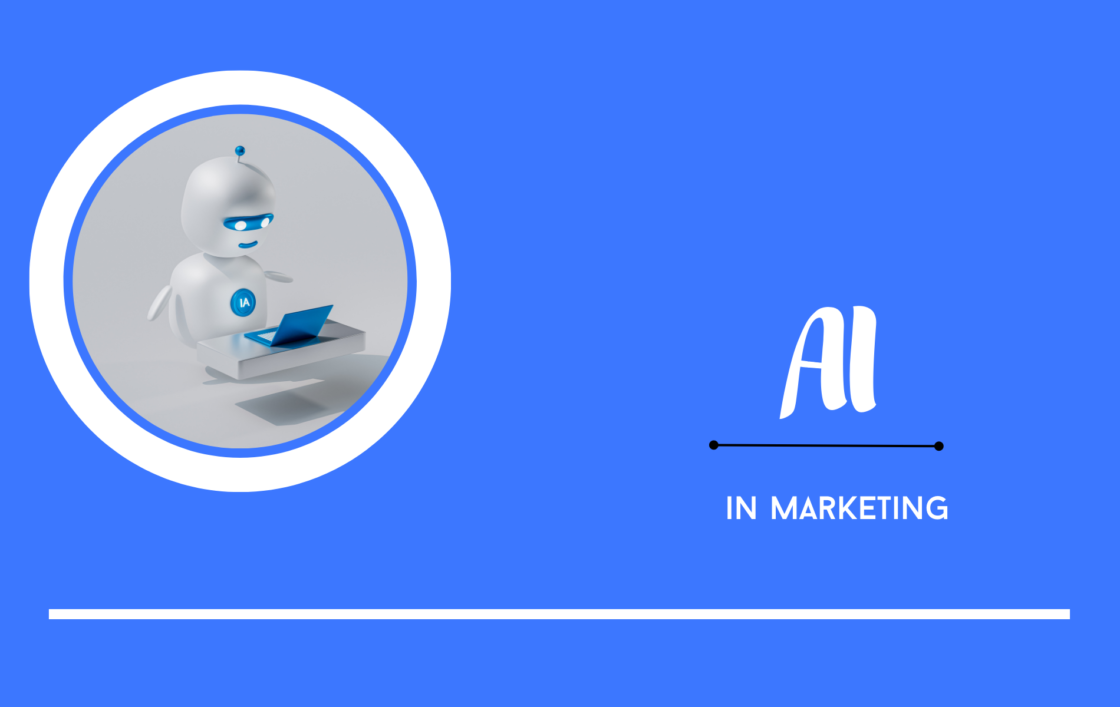We are living in a time of rapid technological change with our future being shaped by new developments every day. It is important for companies who have already begun their process of data-and-AI-literacy to take a look at what they are doing internally in order to prepare their employees for these changes. It is no secret that AI has been making waves in the digital marketing world.

- Facebook ads with image recognition
- Golden Pokies product recommendations made by neural networks
- Twitter curated by a machine algorithm
- Instagram stories or snapchat filters created by AI
The AI revolution is here and it’s not just in movies. If you’re a marketer, you should be taking note of the impact artificial intelligence (AI) is having on marketing – or else you risk being left behind.
It can help create personalized customer experiences and deliver hyper-targeted messages that are highly relevant to the individual or demographic in question. The time has come for marketers to get ahead of the curve by leveraging AI’s vast capabilities.
The first thing to note about AI in marketing is that it’s already everywhere. As the technology matures, marketers can use more and more powerful tools to do their jobs better.
As of 2018, an estimated 86% of businesses have incorporated artificial intelligence into their operations in some way or another. Marketing is one of the areas where AI has driven enormous change because there are so many ways it can help you execute your strategy.
Useful Tools to Make Your Job Easier
With so many digital marketers on board and trying to compete for a small pool of clients, it can feel like there’s never enough hours in the day. AI has the potential to take care of many tasks, saving time and money.
The implementation of AI in digital marketing has changed the game for companies big and small, but you may not even know about all of its features that can help make your job easier.
Social advertising, email marketing, e-commerce have wide application in content creation. The amount of data generated in digital marketing is astounding.
All these software providers have now adopted AI features which can provide benefits in terms of better understanding customer behavior, automating routine tasks such as repetitive text editing or number crunching and assisting in decision making by providing insightful recommendations on the fly.
4 Ways AI Can Fit Into Your Digital Marketing
The proliferation of the internet and mobile devices has created a digital landscape where consumers are able to access information on demand. AI is now an important component in this world, powering everything from our favorite social media platforms to voice-activated home assistants.
Digital marketing experts have been quick to incorporate AI into their strategies because it’s become clear that the future will belong to those who embrace change instead of fighting it.
- Generating Content Ideas: With the help of machine learning and natural language processing, some bots are now able to generate text on their own by imitating patterns from existing content on the web or by analyzing human input.
- Keywords research. One of the most tedious tasks marketers face is gathering keywords.
- Analyze campaigns. With today’s technology, you can easily turn any idea into an engaging post with little effort on your part.
- SEO optimization.
You’ll discover that lots of companies around the world have already adopted artificial intelligence into their business. The introduction of AI can bring about a range of benefits, such as reducing the time and cost it takes to process data, enabling automated tasks and much more. However, there are also challenges associated with this new technology which means that it is important for employees to be educated on its uses and impacts. One way for an organization to tackle this challenge is by providing training courses so staff know how AI works.
Summary
It’s a big issue these days. And for good reason. AI has the potential to change how businesses operate, both in and out of digital marketing, from data analysis to product development. In fact, the majority of CMOs are expecting AI technology will be a part of their companies’ daily operations within three years.
